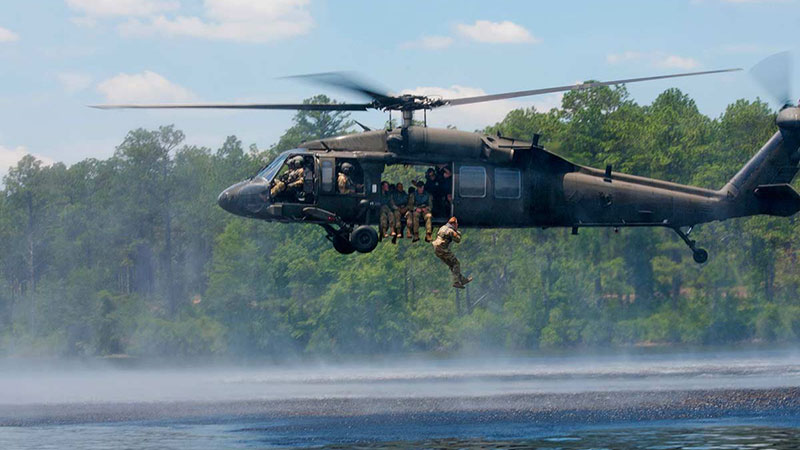
When it comes to helping people continue to learn after high school and earn credentials for career success, what can we learn from the military? As it turns out, a great deal.
A new report shows some important lessons from the military but also raises questions when it comes to the education and training of our nation’s veterans.
Lumina, Strada Education Network, and Gallup researched the experiences of veterans who hold certificates or certifications, but not college degrees. The study, which surveyed 340,000 U.S. adults, including 30,000 veterans, found:
- Veterans are more likely than non-veterans to hold certificates and certifications, with 57 percent earning some form of a non-degree credential compared to 35 percent of their non-veteran counterparts. While this sizable attainment rate may surprise some, those connected to the military and veteran community won’t be surprised at all. More than 1.3 million active-duty service members are receiving high-quality education and training daily.
- Veterans with a certificate or certification are more likely to be working and report an average bump of $10,000 in median income.
- Veterans of all races and ethnicities are highly likely to achieve a certificate or certification, but Hispanic and Asian veterans report a disproportionately high attainment rate of certificates or certifications compared to their non-veteran counterparts. This graphic provides more detail:

Many vets forced to retrain
As the data reveal, while many veterans prosper in the civilian world, there are still many who find that their skills and training don’t easily translate to civilian credentials and careers. As a result, many of them are forced to retrain, re-qualify or start over because the civilian and military systems don’t speak a common language when it comes to skills. It is this disconnect we need to address to push toward increasing the number of service members and veterans who attain valuable credentials beyond high school.
Common skills language needed
Here are a few steps that employers and educators can take to help veterans select pathways to credentials:
- First, help veterans create a Joint Service Transcript (JST) account, and encourage veteran applicants to share their JST along with their resume when applying for jobs or educational programs. JST offers online accounts to learning institutions and facilitates access to service members’ official digital transcripts. (Employers: A veteran can request an unofficial JST, print and share it, or request an official JST be mailed directly to you.)
- Then, use the ACE Military Guide to translate the information on the JST into credit recommendations and review detailed summaries of formal courses and occupations offered by all branches of the military. This process will allow you to uncover some highly sought-after skills that veterans possess.
We must work with the military and post-high school credential providers to use more common language to describe skills. Military education and training produce knowledge and skills that cut across a variety of credentialing opportunities.
With that in mind, credential providers should partner with the military to build pathways connecting military skills with in-demand credentials. For instance, pathway partnerships between military service branches and postsecondary education and training providers already exist. Through the work of The American Legion Military Credentialing Advisory Roundtable, this group of experts will uncover strong working models of public/private collaborations that can then be replicated across a variety of industries and institutions.
Clearly, we have more work to do. Service members and veterans are a rich source of talent, leadership, experience, and expertise; they’re a vital part of today’s workforce. The post-high school ecosystem is working to increase the number and types of pathways learners can pursue, and we must build credentialing opportunities that allow for those credentials to be easily recognized, stacked, and transferred.
We at Lumina are committed to working with the military, policymakers, veteran service organizations, schools, employers, foundations, and communities to support recognition of military training and create effective, connected pathways for veterans. Together, we will help them keep learning and earning – in the military and beyond.
